Memorandum on Protection from Internet Falsehood & Manipulation Bill 2019 SB 132 to the National Assembly
Memorandum on Protection from Internet Falsehood & Manipulation Bill 2019 SB 132 to the National Assembly
The Protection from Internet Falsehood and Manipulation Bill, 2019 (SB 132), passed the second reading of the Senate in November 2019. Leading the debate on the Bill at the plenary
session, Sen. Mohammad Sani Musa (APC: Niger) explained that the Bill aims to mitigate the
threat of false information spread on the internet by monitoring online spaces. Considering the increasingly important role internet activity plays in determining citizen wellbeing, interventions to control such activity must be wholly justified.
After research and review of the Bill, CDD has concluded that the Bill should not pass. IN this memorandum CDD outlines three main arguments against the Bill's passage and suggests three alternative courses of action.
Cases against the Protection from Internet Falsehood and Manipulation Bill
1. A Business Case
Nigeria needs to diversify its economy. By stifling internet access for online businesses, access blocking orders can inadvertently work against this diversification. Internet access promotes economic growth in Nigeria. Online platforms, including social media platforms, make it possible for small and medium sized enterprises (SMEs) to locate and transact with customers. An "access blocking order" as found in Clause 12, subclause 3 empowers the Law Enforcement Department to "direct the NCC [Nigerian Communications
Commission] ... to order the internet access service provider to take reasonable steps to disable access by end-users in Nigeria.”
The Bill is ambiguous about how targeted the disabling of access by end users will be; however, access blocking orders can stifle economic activity at any level of granularity. Access blocking orders will interfere with business operations of these SMEs if the orders block social media platforms. CDD surveyed Nigerians' social media habits in late 2019 and early 2020; platforms such as Instagram and Facebook doubled as online businesses for many respondents.
Furthermore, blanket access blocking orders will affect businesses for whom internet access is
an important part of their business model even if they do not transact via social media. In 2017, Cameroonian authorities repeatedly shut off access to the internet in certain regions of the country. Innovation hubs, education and healthcare services and money transfers, which rely on internet access, were negatively affected to the tune of more than $38 million. 1 We question whether the potential economic tradeoffs associated with access blocking orders are justifiable?

